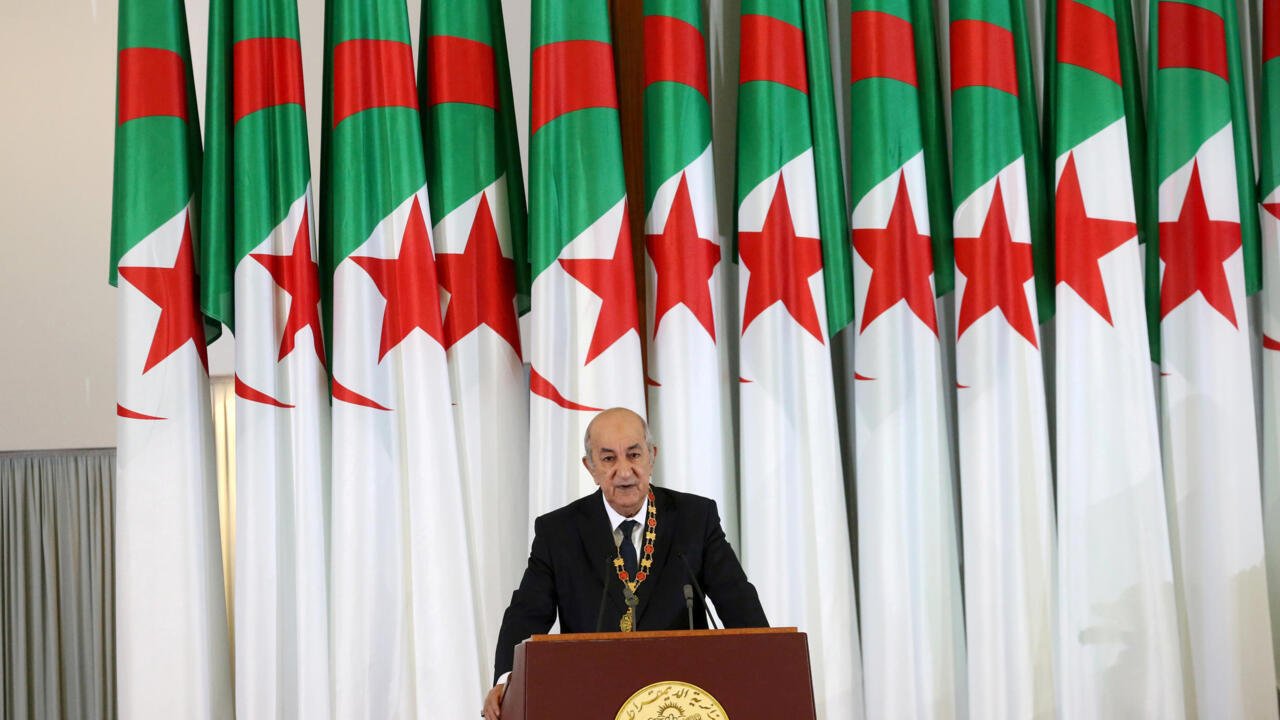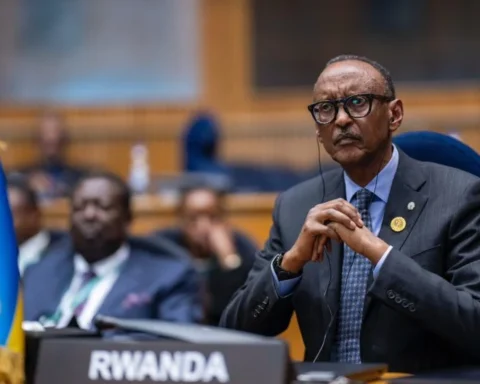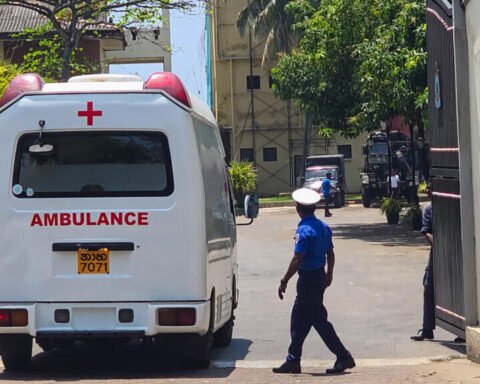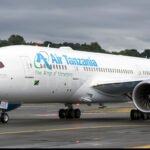African leaders have called for a new vision at the 4th Intra-African Trade Fair (IATF 2025), emphasizing that Africa should no longer be viewed as a passive victim of global economic and climate challenges, but as a land of opportunity for investment and sustainable growth.
President Abdelmadjid Tebboune of Algeria delivered a keynote address urging strategic reflection on Africa’s economic future, underpinned by its human and natural resources.
President Tebboune highlighted Africa’s limited influence in global financial institutions, pointing out that the continent holds just 6.5% of the voting power at the International Monetary Fund and 11% at the World Bank. In trade, intra-African exchanges represent only 15% of total trade, compared with Europe’s 60%, while foreign direct investment in Africa amounts to a mere 6%, around $74 billion, restricting industrial growth and job creation for its youthful population.
“The greatest danger is that Africa remains silent despite its enormous potential,” Tebboune said. He encouraged African nations to leverage the African Continental Free Trade Area (AfCFTA) and Africa’s accession to the G20 as tools to assert the continent’s economic relevance.
Algeria’s Commitment and Key Initiatives
Tebboune reaffirmed Algeria’s long-standing support for African development. Since independence, Algeria has trained tens of thousands of African professionals in diverse fields from sciences to nanotechnology. He called for a renewed era of continental solidarity, emphasizing food self-sufficiency, resource management for local benefit, and global positioning. Key infrastructure projects mentioned include the Trans-Saharan Highway, the Algeria–Nigeria gas pipeline, and a fiber-optic backbone to enhance digital sovereignty across Africa.
Also Read; Macron Grapples With Fresh Political Crisis After Bayrou Resigns
Infrastructure was a central theme in Tebboune’s address. He highlighted the importance of transport and communications, including the 2,200-kilometer Trans-Saharan railway connecting Tamanrasset to Mali, as crucial to regional integration. He urged that policies foster investment, ensure the AfCFTA drives sustainable development, and create direct air links and expanded intra-African maritime routes to strengthen trade.
Experts suggest that Africa’s path to economic empowerment relies not just on trade fairs but on a comprehensive strategy linking infrastructure, digital development, and climate-resilient investment. By building stronger transport, energy, and communication networks, Africa can attract private investment and reduce dependence on external aid. The IATF 2025 message signals a continental commitment to seize its potential, create jobs for the growing youth population, and transform Africa into a decisive global economic actor.







